What is dyslexia?
Characteristics & Warning Signs
- Difficulty with accurate and/or fluent word recognition difficulties with accurate and/or fluent word recognition
- Poor spelling
- Language comprehension relatively intact
- Early speech sound disorders and language impairments
- Difficulty learning letter names and sounds for successful decoding
- Family history of reading disabilities
Areas of Assessment
- Language ability.
- Phonological awareness and processing skills.
- Word reading assessment that examines real word and nonword reading.
- Non-verbal intelligence.
- Spelling (for older students).
Treatment Programs
-
- Orton‐Gillingham
- Alphabetic Phonics
- Wilson Language Training
- Lindamood Phoneme Sequencing
Links Mentioned and Resources:
- Digital SLP Membership (use code: save25)
- Disorders of Reading and Writing. (n.d.). Retrieved January 18, 2018, from https://www.asha.org/Practice-Portal/Clinical-Topics/Written-Language-Disorders/Disorders-of-Reading-and-Writing/
- Adlof, S. M. (2017, December 20). Identifying Children at Risk for Language Impairment or Dyslexia With Group-Administered Measures. Retrieved January 18, 2018, from http://jslhr.pubs.asha.org/article.aspx?articleid=2666238
Full Transcript of Podcast: Dyslexia and the SLP
Episode 26 - Dyslexia and the SLP
You're listening to the Speech Space podcast, a podcast full of tips and resources for SLPs. I'm your host, Jessica Cassity, and this is Episode 26.
Hey everybody! Thank you for joining me today. We are going to be talking about dyslexia in this episode. So I always think it's a good idea to start off with a nice definition of a subject before we dive in. So, dyslexia is a specific learning disability that is neurobiological in origin and it's often characterized by difficulties with accurate and/or fluent word recognition and by poor spelling and decoding difficulties. Now I just wanna emphasize these difficulties exist despite adequate instruction and absence of intellectual, sensory, and neurological difficulties. These students might have a family history of reading disabilities. About 50% of individuals who have a parent or sibling with dyslexia will also have dyslexia. They might have difficulty learning letter, names, and sounds for successful decoding, and they might have a history of early speech-sound disorders and language impairments as well.
Now say that you have a student who's showing signs of dyslexia, what is to be done? How do we assess them? So there's no one standardized test that specifically assesses for dyslexia. So we often need to use various measures for the assessment.
So, of course, we're going to look at language ability. As SLPs, we obviously need to see if there is a language impairment and a good assessment to use here would be something like the CELF or the CASL. We also need to look at phonological awareness and processing skills. And some tests that are good at doing that would be the Comprehensive Test of Phonological Processing or the Lindamood Auditory Conceptualization Test. We need to also look at word reading assessment and we need to look at real-word reading and non-word reading. So pseudoword reading, also known as non-word reading, is useful because it requires a child to use phonemic decoding and prevents them from reading familiar words that they might have memorized. The Woodcock Reading Mastery Test or the Test of Word Reading Efficiency are two options that might be considered to assess this area.
Nonverbal intelligence, now this type of testing is usually done by school psychologist. Some tests that they might use are the Test of Non-verbal Intelligence or the Reynolds Intellectual Assessment Scales or perhaps the Kaufman Brief Intelligence Test. And spelling is also an area that we need to assess as your students get older. A test for that would be the Test of Orthographic Competence or the SPELL, which is the Spelling Performance Evaluation for Language and Literacy.
Okay, so now say our student... it has been determined that our student has dyslexia. What is our treatment focus going to look like? As SLPs, what are some of the things that we can target in speech therapy? So we could target alphabet letter knowledge, we could target phonological awareness through things like rhyming, segmenting, blending, increasing awareness of sounds and syllables and words, sight word knowledge, reading decoding, reading fluency, spelling, and vocabulary.
So if you're wondering about specific treatment programs, I'll list some here and then I'll also link to them in the show notes as well, in case you wanna check them out. So one of the oldest approaches is the Orton-Gillingham and that is an intensive sequential phonics-based system that teaches the basics of word formation before whole meaning. It's language-based, multi-sensory and uses visual, auditory, and kinesthetic learning modalities. Another method is the Alphabetic Phonics Program and that is a multi-sensory curriculum that teaches phonics and the structure of language of both the elementary and secondary levels. It uses the Orton-Gillingham Approach and it teaches handwriting, spelling, reading, reading comprehension, and oral and written expression. Another program is the Wilson Language Training. They have two separate programs. One is K-3 called Fundations, and then they also have another program for 4th through 12th graders called Just Words. And then there is the Lindamood Phoneme Sequencing, also known as LiPS, and that's also a multisensory approach that works on developing phonemic awareness. There's the Dyslexia Training Program and that's a reading intervention program that uses direct and systematic instruction to teach reading and spelling and also has a strong emphasis on phonemic awareness and alphabetic code knowledge. And like in some of the other methods I've mentioned, this one also takes a multisensory approach, and it targets phonemic awareness, phonics reading, fluency, vocabulary, and reading comprehension. And it's reported to be most effective for grades 2nd through 5th.
So that is just a basic summary of some of the programs that might be used for our students with dyslexia. There's a lot of them out there, but like I said, you can find links to those approaches that I just briefly described in the show notes. And before I go, I just wanted to quickly touch on a few compensatory methods for our students with dyslexia. One strategy that I really like is to suggest that the student listen to audiobooks or podcast because that way they're still getting exposed to a variety of complex language structures despite their reading difficulties. In addition to that, they could also use a text-to-speech app. And that can help bridge the gap to ensure that students are still getting the same vocabulary exposure as other students, although they might not be able to get it in the same way from reading.
Okay, so that is it for me for today. So If you're interested in signing up to the 7-day free trial, you'll want to go to thedigitalslp.com/digitalslp. And as always, if you enjoyed this episode, I would really appreciate it if you could take a brief moment to leave a five-star review on iTunes. That way I know that people are out there listening and that I should continue to create this show and continue creating content for these episodes. And additionally, it helps other SLPs like you be able to find this show on iTunes. Okay guys, that is it for me for now and I hope that you all have a wonderful week.

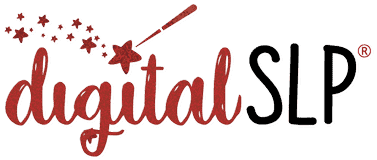
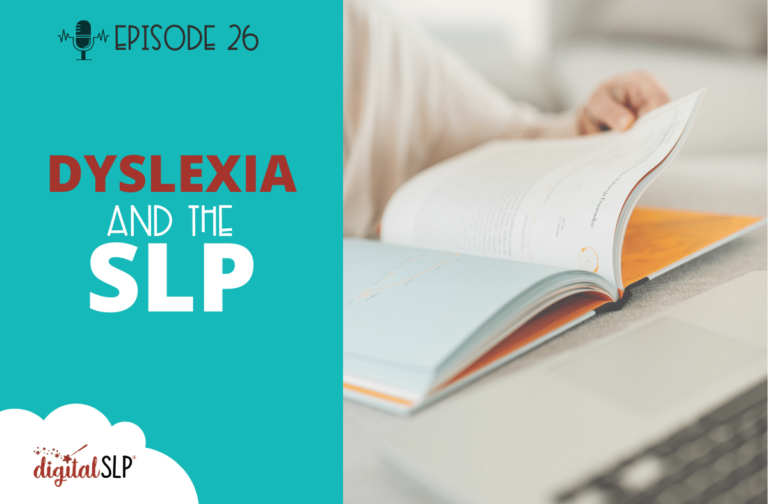
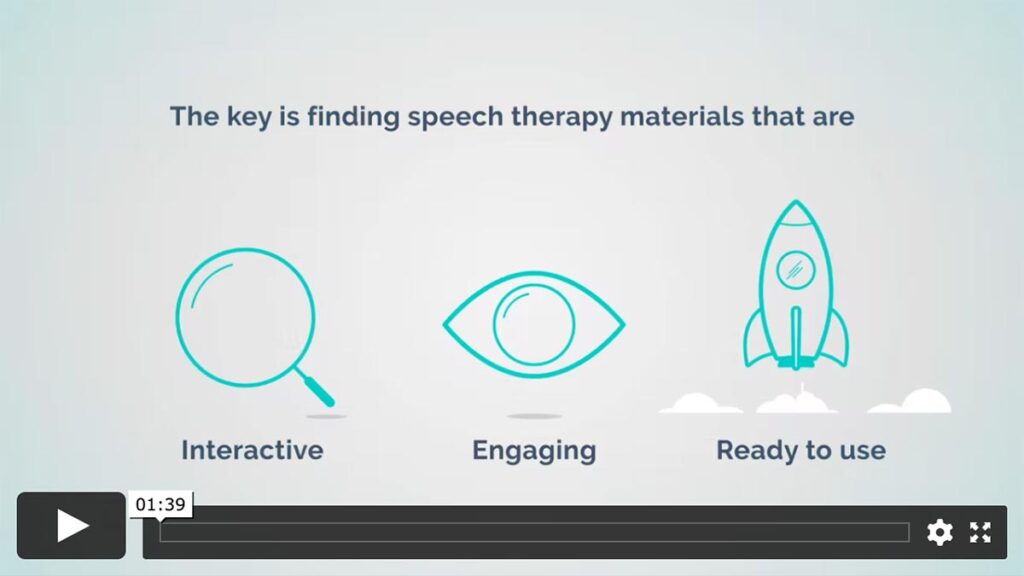
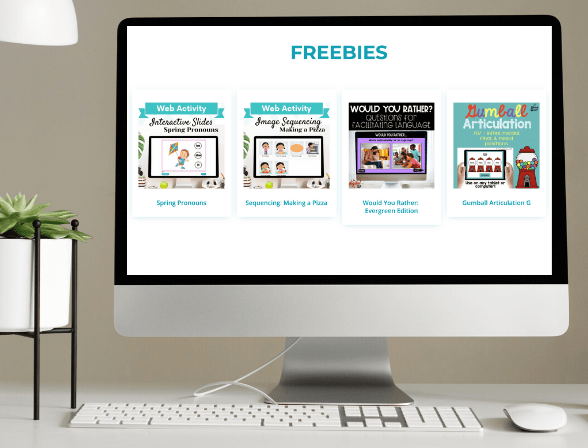

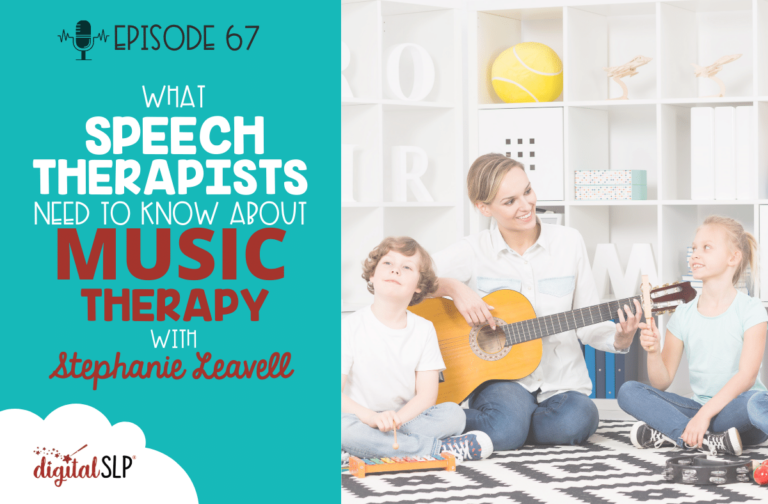
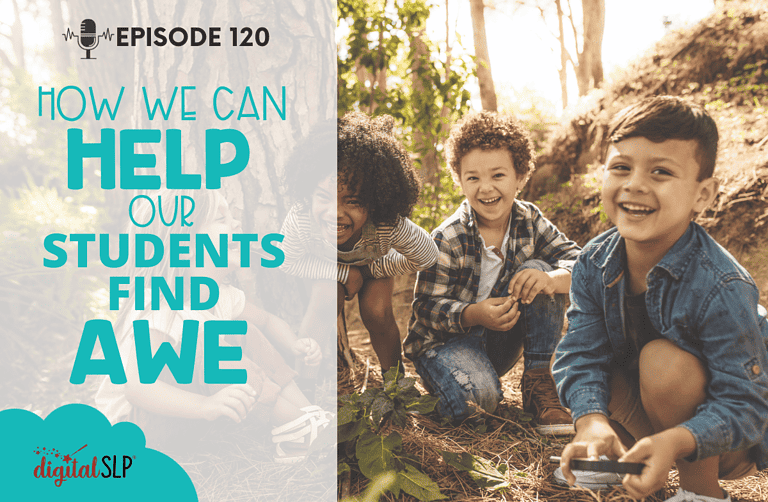
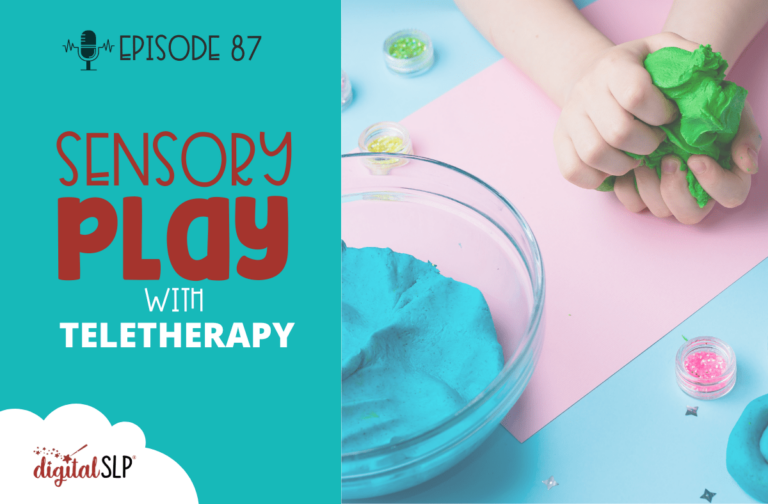
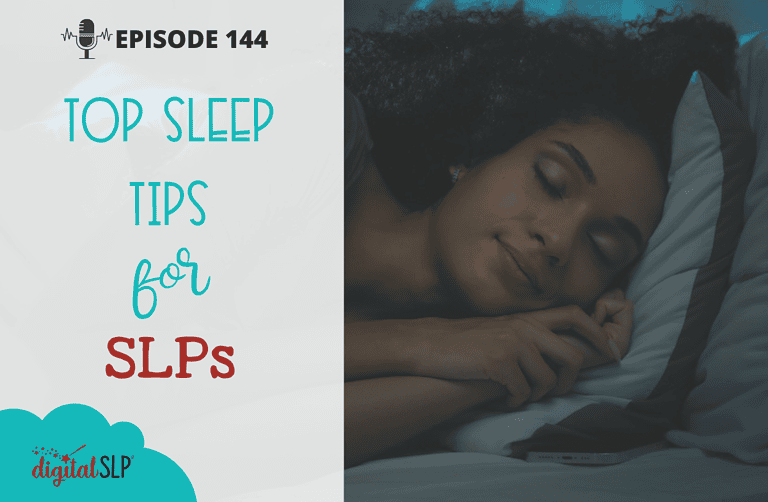
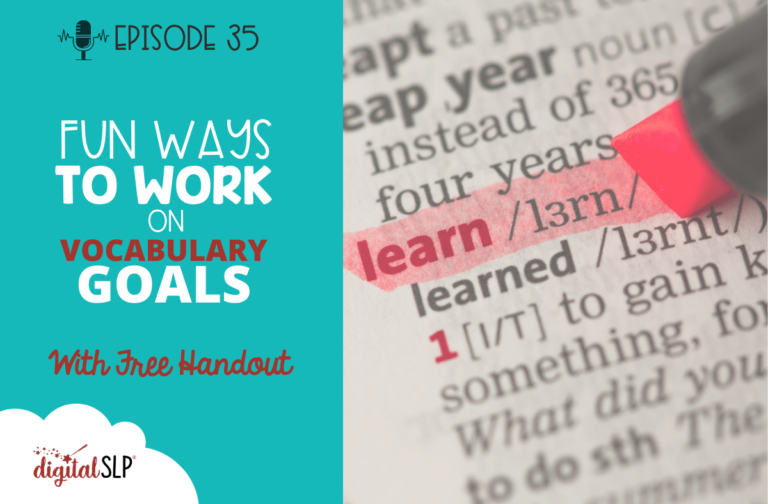
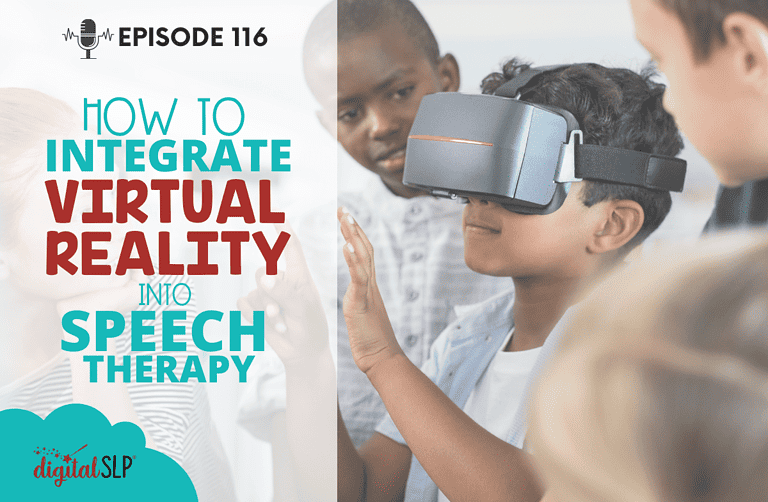

Recent Comments